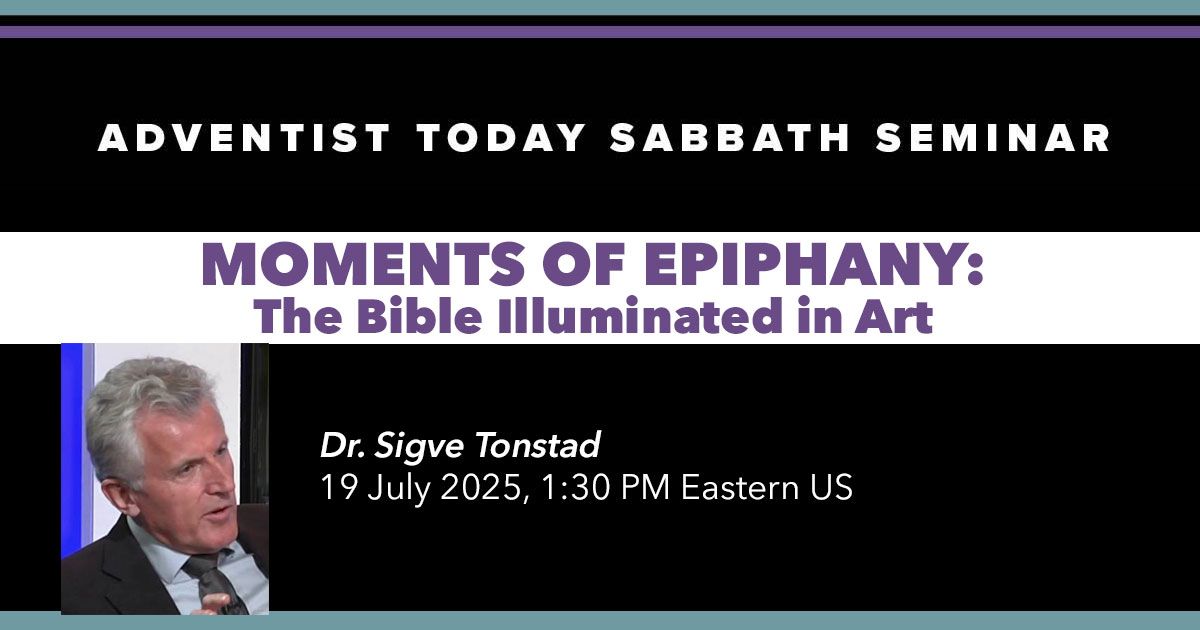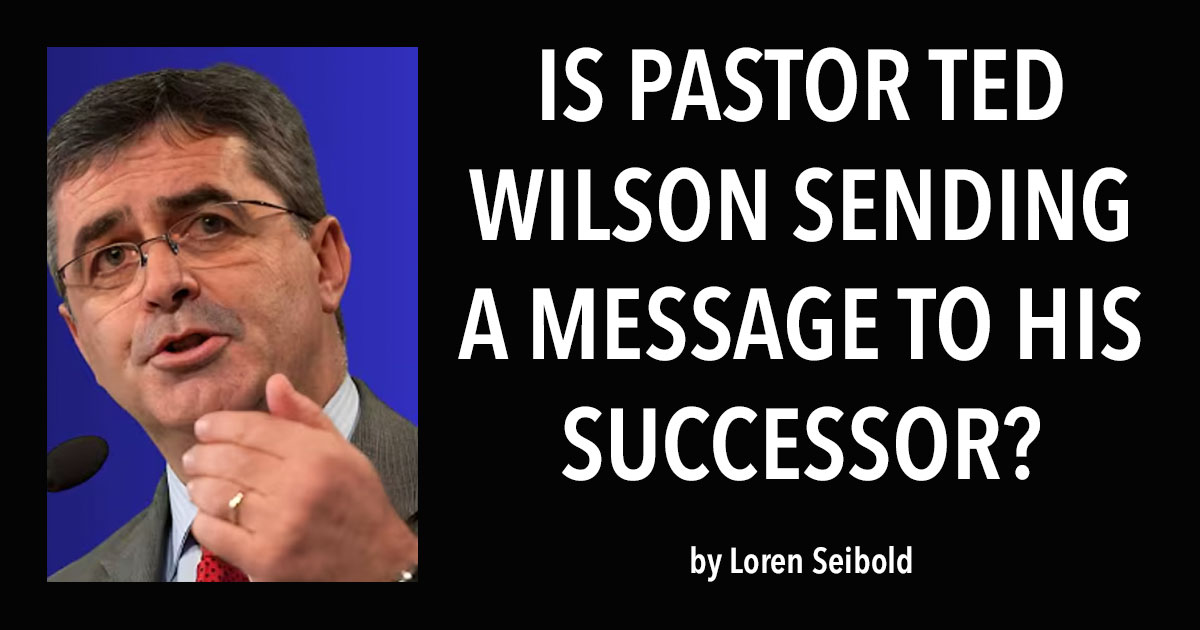 July 17, 2025
July 17, 2025
 DAILY BIBLE READING
DAILY BIBLE READING
 Leviticus 2 – The Grain Offering – Worship Through the Everyday
Leviticus 2 – The Grain Offering – Worship Through the Everyday
 God’s holiness meets us in the simple things
God’s holiness meets us in the simple things
══════════════════════════════════════════════
 Bible Text – Leviticus 2 (KJV)
Bible Text – Leviticus 2 (KJV)
1 And when any will offer a meat offering unto the Lord, his offering shall be of fine flour; and he shall pour oil upon it, and put frankincense thereon:
2 And he shall bring it to Aaron’s sons the priests: and he shall take thereout his handful of the flour thereof, and of the oil thereof, with all the frankincense thereof; and the priest shall burn the memorial of it upon the altar, to be an offering made by fire, of a sweet savour unto the Lord:
3 And the remnant of the meat offering shall be Aaron’s and his sons’: it is a thing most holy of the offerings of the Lord made by fire.
4 And if thou bring an oblation of a meat offering baken in the oven, it shall be unleavened cakes of fine flour mingled with oil, or unleavened wafers anointed with oil.
5 And if thy oblation be a meat offering baken in a pan, it shall be of fine flour unleavened, mingled with oil.
6 Thou shalt part it in pieces, and pour oil thereon: it is a meat offering.
7 And if thy oblation be a meat offering baken in the fryingpan, it shall be made of fine flour with oil.
8 And thou shalt bring the meat offering that is made of these things unto the Lord: and when it is presented unto the priest, he shall bring it unto the altar.
9 And the priest shall take from the meat offering a memorial thereof, and shall burn it upon the altar: it is an offering made by fire, of a sweet savour unto the Lord.
10 And that which is left of the meat offering shall be Aaron’s and his sons’: it is a thing most holy of the offerings of the Lord made by fire.
11 No meat offering, which ye shall bring unto the Lord, shall be made with leaven: for ye shall burn no leaven, nor any honey, in any offering of the Lord made by fire.
12 As for the oblation of the firstfruits, ye shall offer them unto the Lord: but they shall not be burnt on the altar for a sweet savour.
13 And every oblation of thy meat offering shalt thou season with salt; neither shalt thou suffer the salt of the covenant of thy God to be lacking from thy meat offering: with all thine offerings thou shalt offer salt.
14 And if thou offer a meat offering of thy firstfruits unto the Lord, thou shalt offer for the meat offering of thy firstfruits green ears of corn dried by the fire, even corn beaten out of full ears.
15 And thou shalt put oil upon it, and lay frankincense thereon: it is a meat offering.
16 And the priest shall burn the memorial of it, part of the beaten corn thereof, and part of the oil thereof, with all the frankincense thereof: it is an offering made by fire unto the Lord.
══════════════════════════════════════════════
 Introduction
Introduction
Sacrifices in the Old Testament often feel foreign to us today—almost archaic. Yet they were a central part of Israel’s relationship with God. In chapter 2 of the third book of Moses—also called Leviticus—we don’t read about animal sacrifices but about the grain offering. Here we find a fascinating truth: even flour, oil, salt, and incense—simple, everyday things—can become holy when offered from the heart. God desires not only the offering of blood, but also the offering of bread—what sustains us daily.
══════════════════════════════════════════════
 Commentary
Commentary
1⃣ What is a grain offering? (vv. 1–3)
The grain offering was a voluntary gift. It consisted of fine flour, mixed with oil and incense. The priest burned part of it on the altar—as a memorial and a pleasing aroma to the Lord. The rest belonged to the priest. It was “most holy”—something consecrated to God. It showed that even the work of our hands and harvest could become worship.
2⃣ Variety of preparation (vv. 4–10)
Whether baked, fried, or roasted—the grain offering could be prepared in various forms. Yet one rule remained constant: it had to be unleavened and mixed with oil. Oil often symbolizes the Holy Spirit. Leaven (yeast), in contrast, is symbolic of sin, fermentation, and corruption. The sacrificial system reflected purity and holiness.
3⃣ What is excluded? (vv. 11–12)
No leaven or honey was to be burned. Why? Leaven symbolizes sin; honey represents worldly sweetness that spoils easily. God desires pure, enduring offerings—not things that taste “sweet” but spoil quickly. Firstfruits could be brought to God, but not burned on the altar—a subtle distinction between recognition and worship.
4⃣ Salt of the covenant (v. 13)
A key verse: “With all your offerings you shall offer salt.” Salt preserves, seasons, and protects. It symbolizes endurance, loyalty, purity, and God’s covenant faithfulness. Every grain offering—every act of worship—was to remind the people: our relationship with God is holy and everlasting.
5⃣ Offering of the firstfruits (vv. 14–16)
The first ears of grain, dried and crushed, mixed with oil and incense, could be offered as a grain sacrifice. This shows: the first and the best belong to God. Even if the offering was not fully processed, it was precious to God—if it came from a faithful heart.
══════════════════════════════════════════════
 Summary
Summary
The grain offering teaches us that worship doesn’t just take place in the extraordinary, but in the ordinary—in our daily bread, our harvest, our oil. God desires not only blood sacrifices but also signs of gratitude and devotion from daily life. Purity (no leaven), faithfulness (salt), and a willingness to give God the best (firstfruits) are core principles.
══════════════════════════════════════════════
 Message for Us Today
Message for Us Today
You don’t have to be a priest, missionary, or preacher to bring something valuable to God. Your daily life—your work, your service, your bread, your labor—can be a grain offering.
Ask yourself: Do I only offer God the “special” moments—or also the “ordinary” ones with a grateful heart?
God honors the small, faithful offering—when it comes from the heart.
══════════════════════════════════════════════
 Reflection Questions
Reflection Questions
What is my “grain offering” today?
➤ My time?
➤ My everyday work at home or on the job?
➤ My talents used with love?
Bring something ordinary to God today—consciously, purely, faithfully, with salt.
Holiness doesn’t begin in the temple—it begins in the kitchen, the field, everyday life.
~~~~~  ~~~~~
~~~~~
 July 13 – 19, 2025
July 13 – 19, 2025
 WEEKLY SPIRIT OF PROPHECY READING
WEEKLY SPIRIT OF PROPHECY READING
 Ellen G. White │ Patriarchs and Prophets – Chapter 17
Ellen G. White │ Patriarchs and Prophets – Chapter 17
 Jacob’s Flight and Exile
Jacob’s Flight and Exile
 Read online here
Read online here
══════════════════════════════════════════════
 Introduction
Introduction
Jacob does not leave his home as a hero, but as a fugitive—not because of external enemies, but because of inner guilt. And yet, on this very path—full of fear, uncertainty, and self-doubt—God’s faithfulness is revealed in a remarkable way. Chapter 17 of Patriarchs and Prophets vividly describes how God, despite guilt and flight, not only forgives His servant but uses him to fulfill His promises.
══════════════════════════════════════════════
 Commentary
Commentary
 1. Jacob flees – alone, afraid, and broken
1. Jacob flees – alone, afraid, and broken
Jacob leaves his parents’ home out of fear of Esau’s wrath.
He is filled with guilt and remorse, feeling abandoned—by his family and perhaps even by God.
In this solitude, he begins to pray honestly. His prayer is not prideful, but marked by humility and desperation.
 2. Heaven opens – the ladder from heaven (Genesis 28)
2. Heaven opens – the ladder from heaven (Genesis 28)
In a dream, Jacob sees a ladder connecting heaven and earth.
Angels ascend and descend—a picture of God’s service to us.
God Himself stands above the ladder and repeats the promise made to Abraham—now it applies to Jacob!
Jacob not only receives assurance but also a promise: “I am with you… I will not leave you.”
 3. Jacob awakens – from sinner to worshiper
3. Jacob awakens – from sinner to worshiper
Jacob realizes: “Surely the Lord is in this place, and I did not know it!”
He sets up a stone pillar, names the place Bethel (“House of God”), and makes a vow—not as a bargain, but out of gratitude.
He vows to remain faithful, to give a tenth, and to follow God.
 4. Jacob in Haran – faithful despite disappointment
4. Jacob in Haran – faithful despite disappointment
In Haran, Jacob meets his future wife Rachel.
He serves seven years—out of love, faithfully and patiently.
But Laban deceives him. Instead of Rachel, he is given Leah.
Jacob is betrayed—yet he stays.
In total, he serves 20 years, is cheated multiple times, but God blesses him despite all human injustice.
 5. The return – decision in distress
5. The return – decision in distress
Jacob realizes it’s time to return home.
He prays again—remembering God’s promise at Bethel.
God answers: “Return… I am with you.”
Laban pursues him—but God protects Jacob.
A peace covenant is made, marked with the name Mizpah – “The Lord watch between you and me.”
══════════════════════════════════════════════
 Summary
Summary
Jacob begins his journey as a fugitive burdened by guilt, fear, and uncertainty. But God meets him—not with punishment, but with grace. On the difficult road into exile, Jacob grows spiritually, is shaped through trials, and ultimately remains faithful to God. A deceiver becomes a shepherd, a father, and a bearer of the promise.
══════════════════════════════════════════════
 Message for Us Today
Message for Us Today
We too experience times of guilt, loneliness, and uncertainty. We may feel like failures, misunderstood, or taken advantage of. But God does not abandon us.
It is often in the deepest valleys that He reveals His faithfulness.
Jacob’s story shows us:
-
God starts new journeys with broken people.
-
Your past does not determine your calling.
-
God is faithful to His promises—even when we fail.
══════════════════════════════════════════════
 Reflection Question
Reflection Question
-
Have I ever encountered God like Jacob—in the midst of crisis?
-
What is my “Bethel”? Where has God shown me His presence?
-
Am I ready, like Jacob, to entrust God with my life, my gifts, and my tithe?
-
What do I need to let go of today in order to follow God’s call to return?
Source: https://fulfilleddesire.net/17-07-2025-leviticus-chapter-2-believe-his-prophets/


 July 17, 2025
July 17, 2025 The Discipline of the Tongue
The Discipline of the Tongue Speak so that life grows – not fades
Speak so that life grows – not fades ────────────────
──────────────── Bible Verse
Bible Verse Introduction
Introduction Devotional
Devotional  Story: “The Feathers in the Wind”
Story: “The Feathers in the Wind” Reflection – What does Ephesians 4:29 mean to you?
Reflection – What does Ephesians 4:29 mean to you? Today’s Reflections
Today’s Reflections Say at least one encouraging sentence to someone who doesn’t expect it.
Say at least one encouraging sentence to someone who doesn’t expect it. Pause before speaking. Ask yourself: Will what I say build up or tear down?
Pause before speaking. Ask yourself: Will what I say build up or tear down? Memorize Ephesians 4:29. Let it become your inner filter.
Memorize Ephesians 4:29. Let it become your inner filter. Keep a “speech journal” for one week: Note when you consciously spoke positively – or when you should have.
Keep a “speech journal” for one week: Note when you consciously spoke positively – or when you should have. Prayer
Prayer Takeaway
Takeaway 



 (
(
